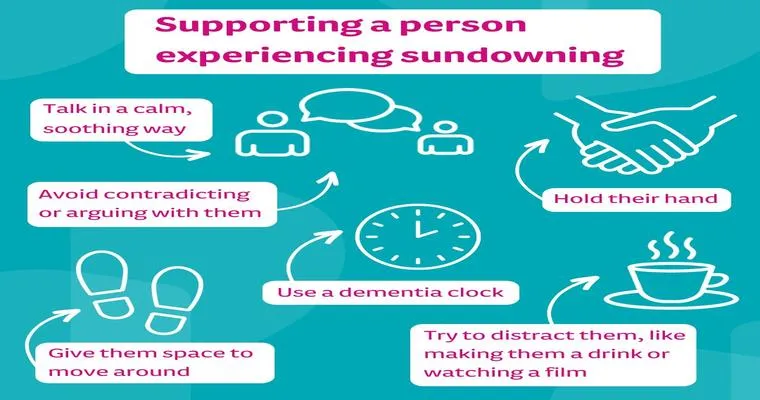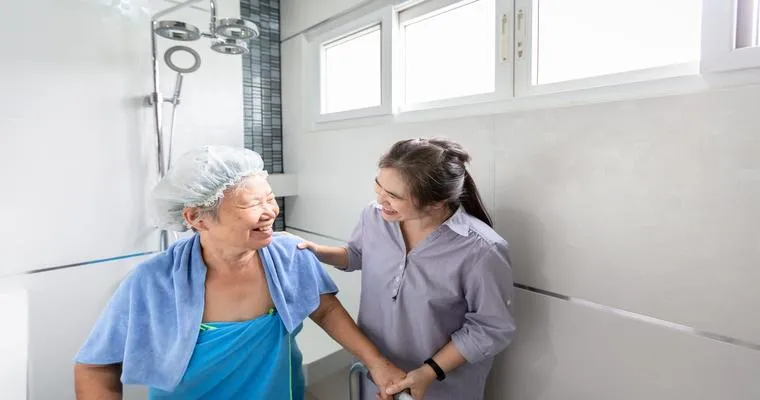Caring for a senior can sometimes present challenges, especially when a loved one "refuses to bathe" and "change their clothes". This behavior can stem from various factors, including physical discomfort, cognitive decline, or emotional issues. It is essential to approach the situation with empathy and understanding. Here are some strategies to encourage better hygiene practices while maintaining respect for their dignity.
Understanding the Reasons Behind Refusal
Before addressing the issue, it is crucial to understand why your senior loved one may be resisting bathing and changing clothes. Some common reasons include:
1. "Physical discomfort": Seniors may experience pain or mobility issues that make bathing difficult.
2. "Cognitive decline": Conditions such as dementia can cause confusion and lead to the refusal of basic hygiene practices.
3. "Emotional factors": Depression, anxiety, or feelings of loss of control can impact their willingness to perform self-care tasks.
Identifying the root cause can help you tailor your approach to their specific needs.
Create a Comfortable Environment
Creating a comfortable and inviting bathing environment can make a significant difference. Consider the following tips:
"Adjust the water temperature": Ensure the water is warm but not too hot, as seniors may be more sensitive to temperature changes.
"Use non-slip mats": To enhance safety, place non-slip mats in the bathroom to prevent falls.
"Provide privacy": Allow your loved one to feel secure by ensuring they have privacy during bathing.
Encourage Independence
Promoting independence is vital for seniors’ self-esteem. Rather than insisting they bathe, encourage them to participate in the process. You can:
Offer choices: Let them choose the time of day they prefer to bathe or the type of soap and shampoo they want to use.
Involve them in preparation: Ask for their help in gathering towels or selecting clean clothes. This engagement can make the experience feel less daunting.
Use Gentle Reminders
Sometimes, simple reminders can be effective. Instead of demanding they bathe, you might try:
Casual conversations: Mention how refreshing a bath can feel or share your own experiences to make the idea more relatable.
Visual prompts: Place clean clothes or a favorite towel in a visible location to serve as a gentle nudge.
Address Any Underlying Health Issues
If physical discomfort or cognitive challenges are contributing to their refusal, consider consulting a healthcare professional. A doctor can assess their overall health and provide solutions, such as:
Physical therapy: If mobility is an issue, a physical therapist can offer exercises to improve balance and movement.
Cognitive support: For those with dementia, engaging in memory care activities may help reduce anxiety around bathing.
Seek Professional Help
If you find that your attempts to encourage bathing and changing clothes are unsuccessful, it may be time to seek professional assistance. Home health aides or geriatric care managers can provide support and guidance tailored to your loved one’s needs.
Conclusion
Dealing with a senior who refuses to bathe and change clothes can be challenging, but understanding their perspective and approaching the situation with compassion is key. By creating a comfortable environment, encouraging independence, and addressing any underlying issues, you can help your loved one maintain their dignity while ensuring their hygiene needs are met. Remember, patience and empathy are your best tools in this journey.





